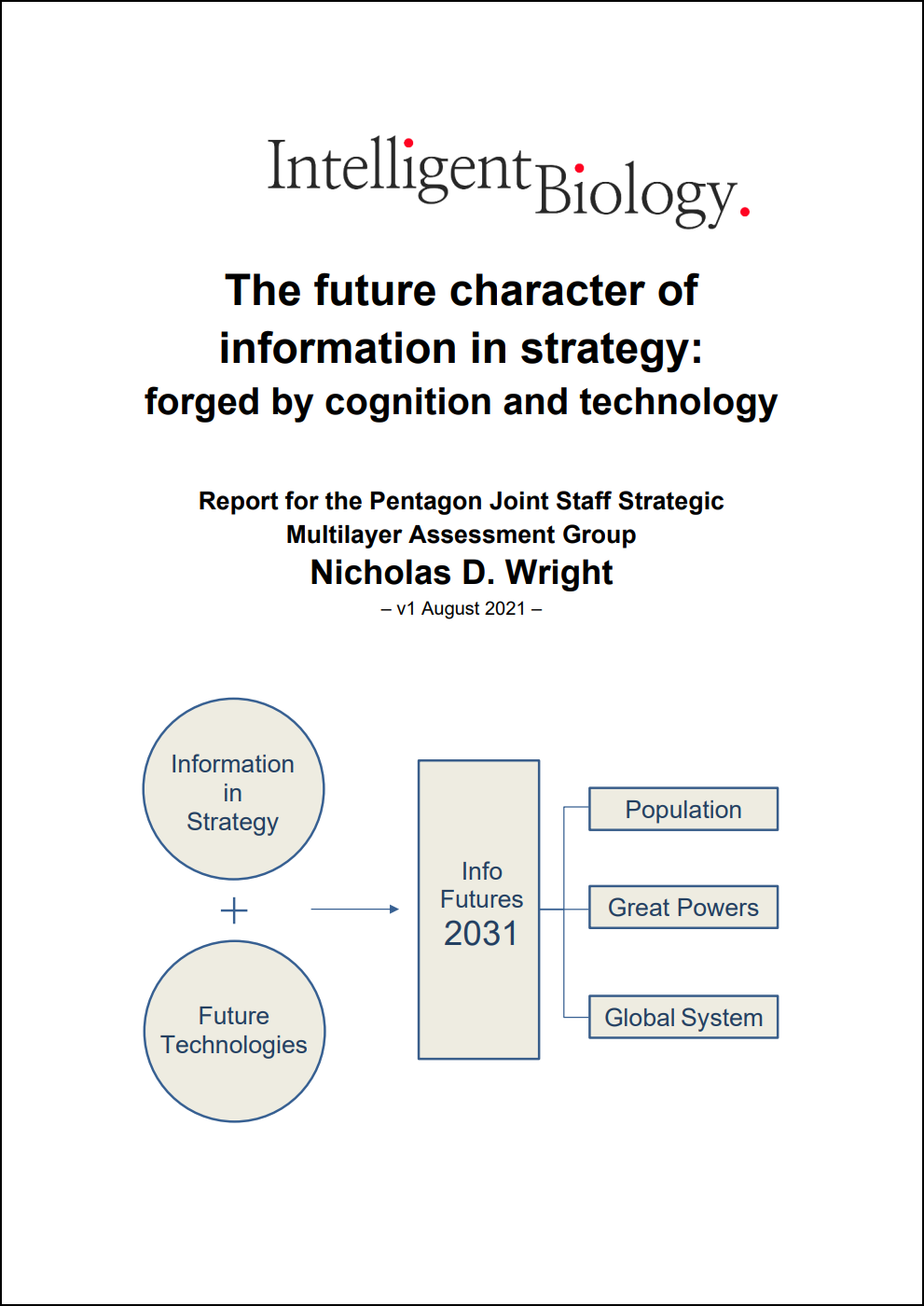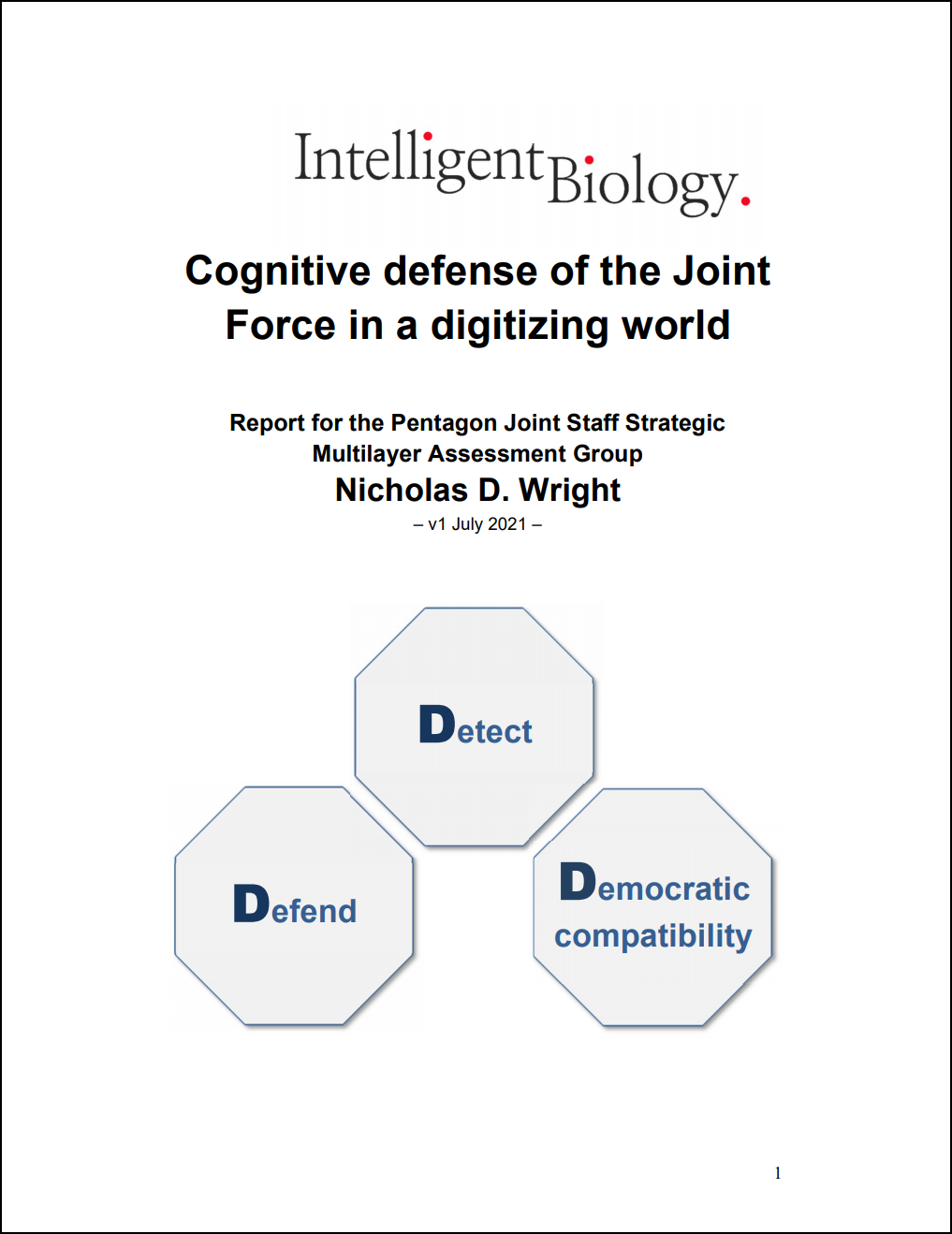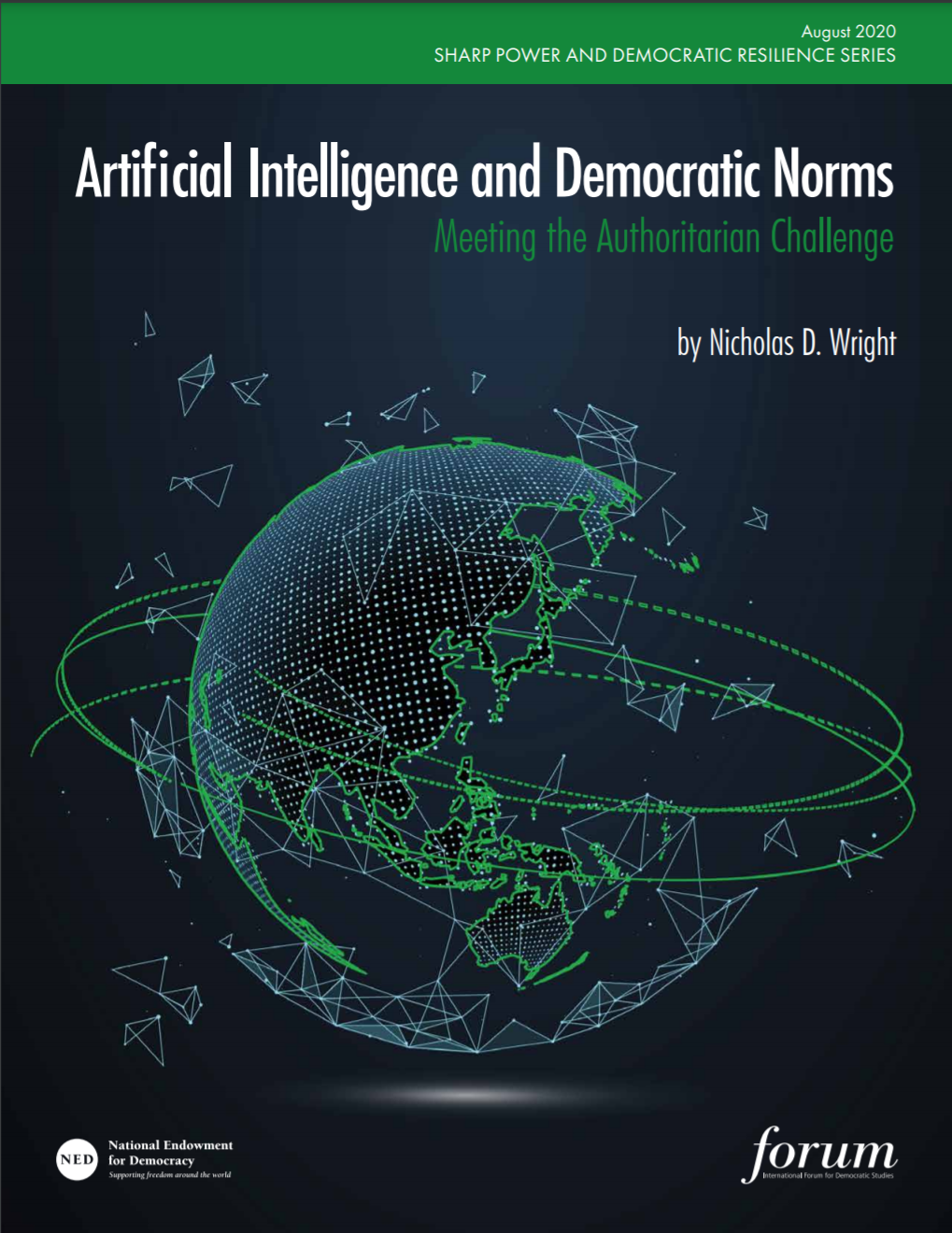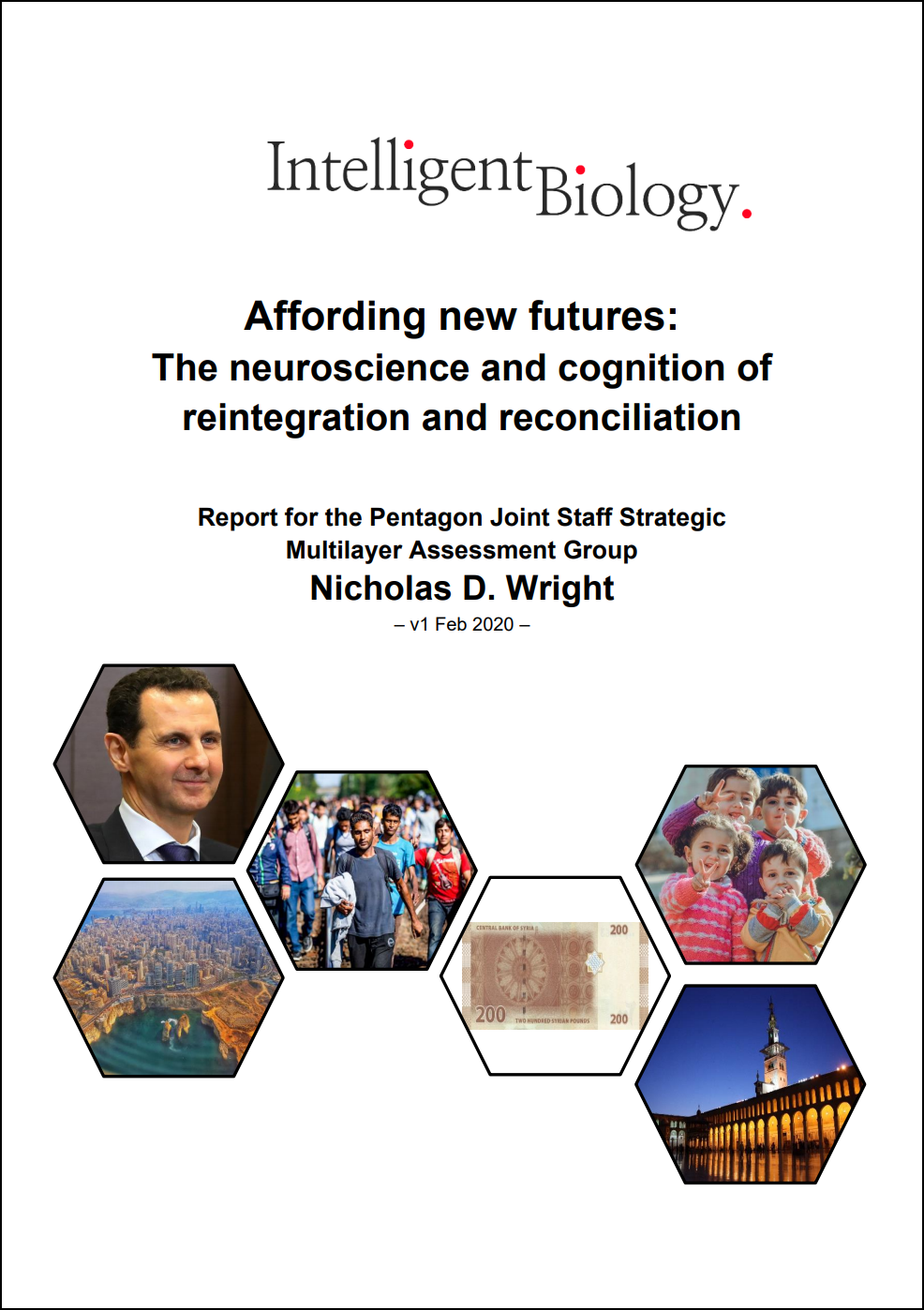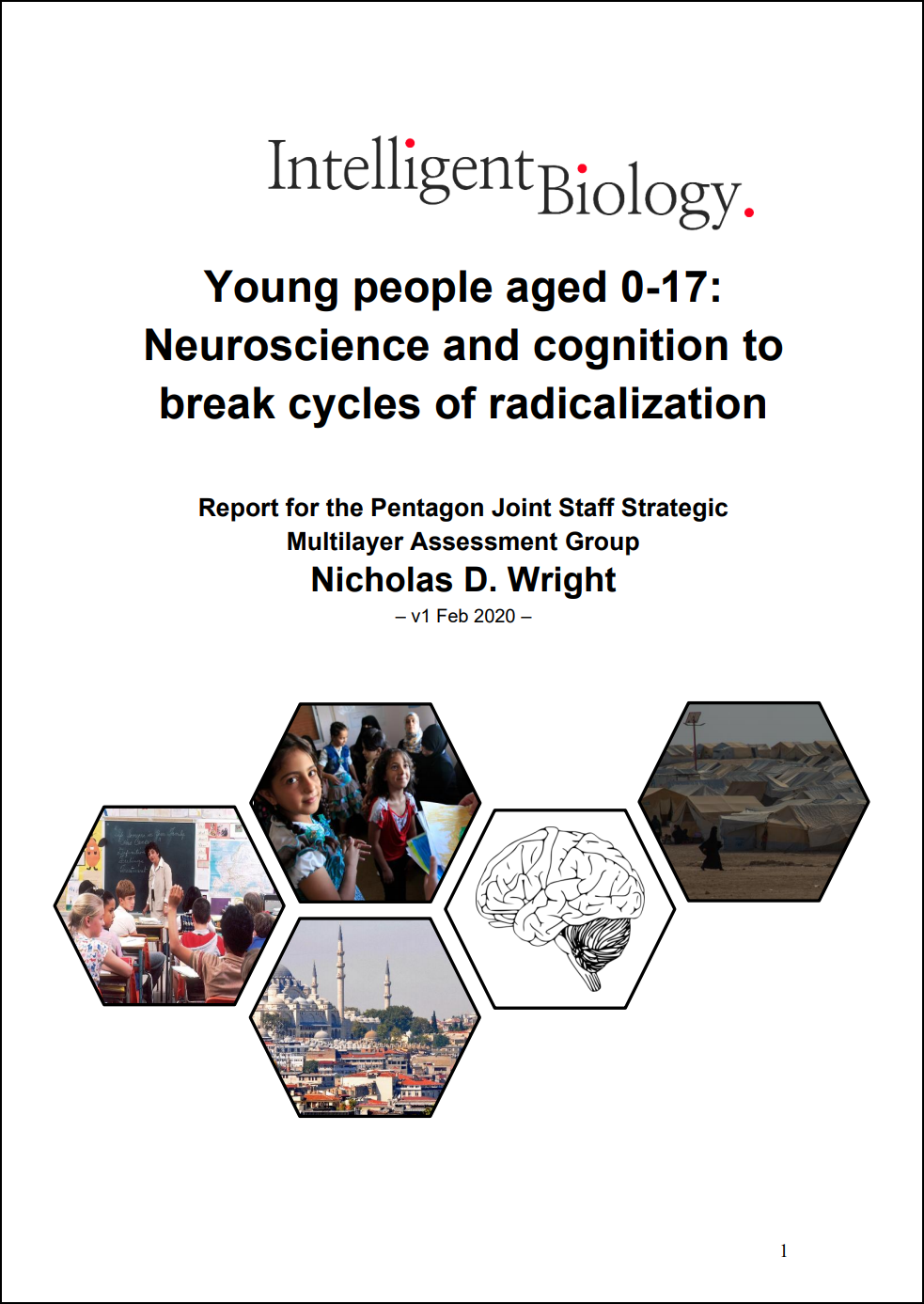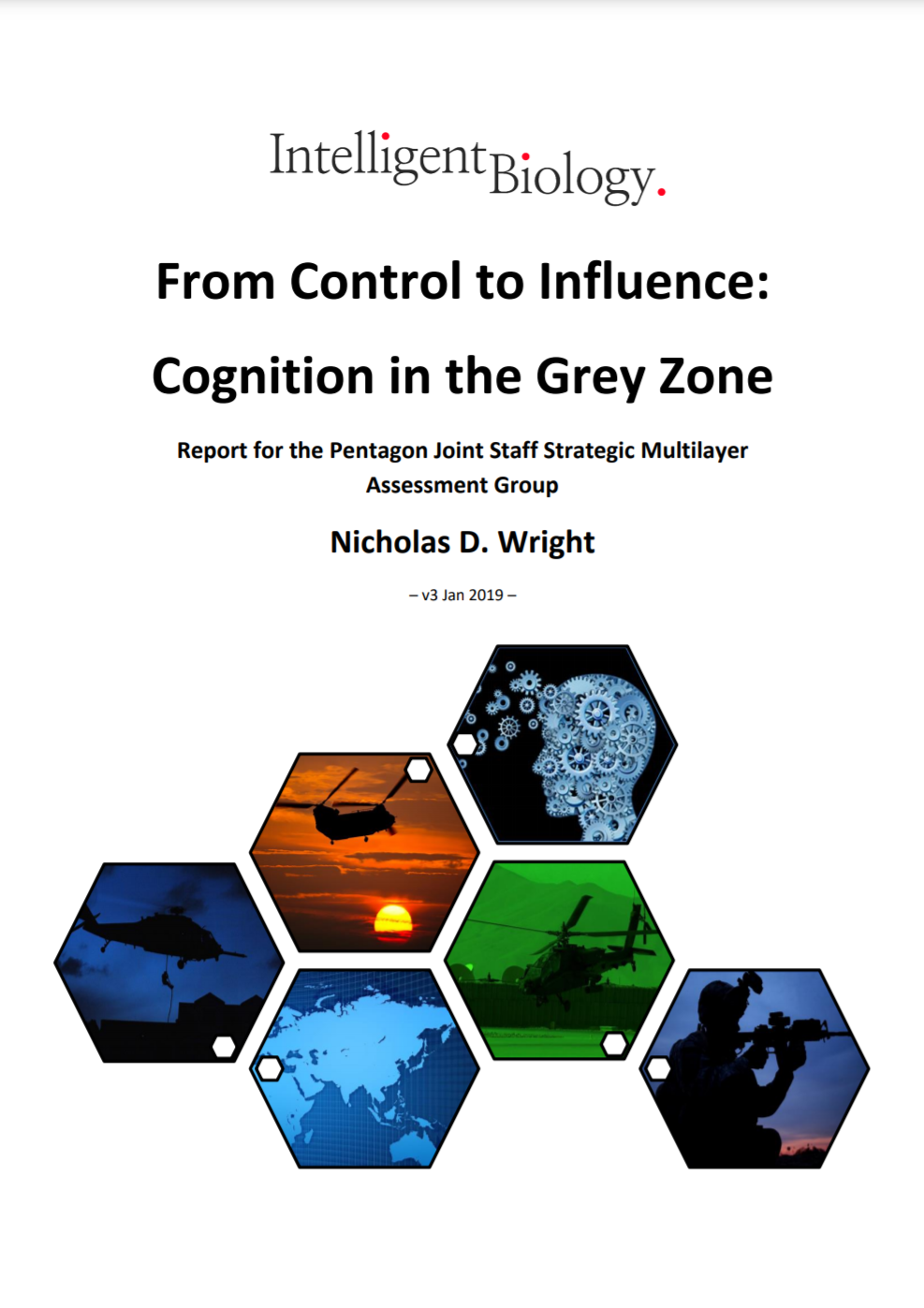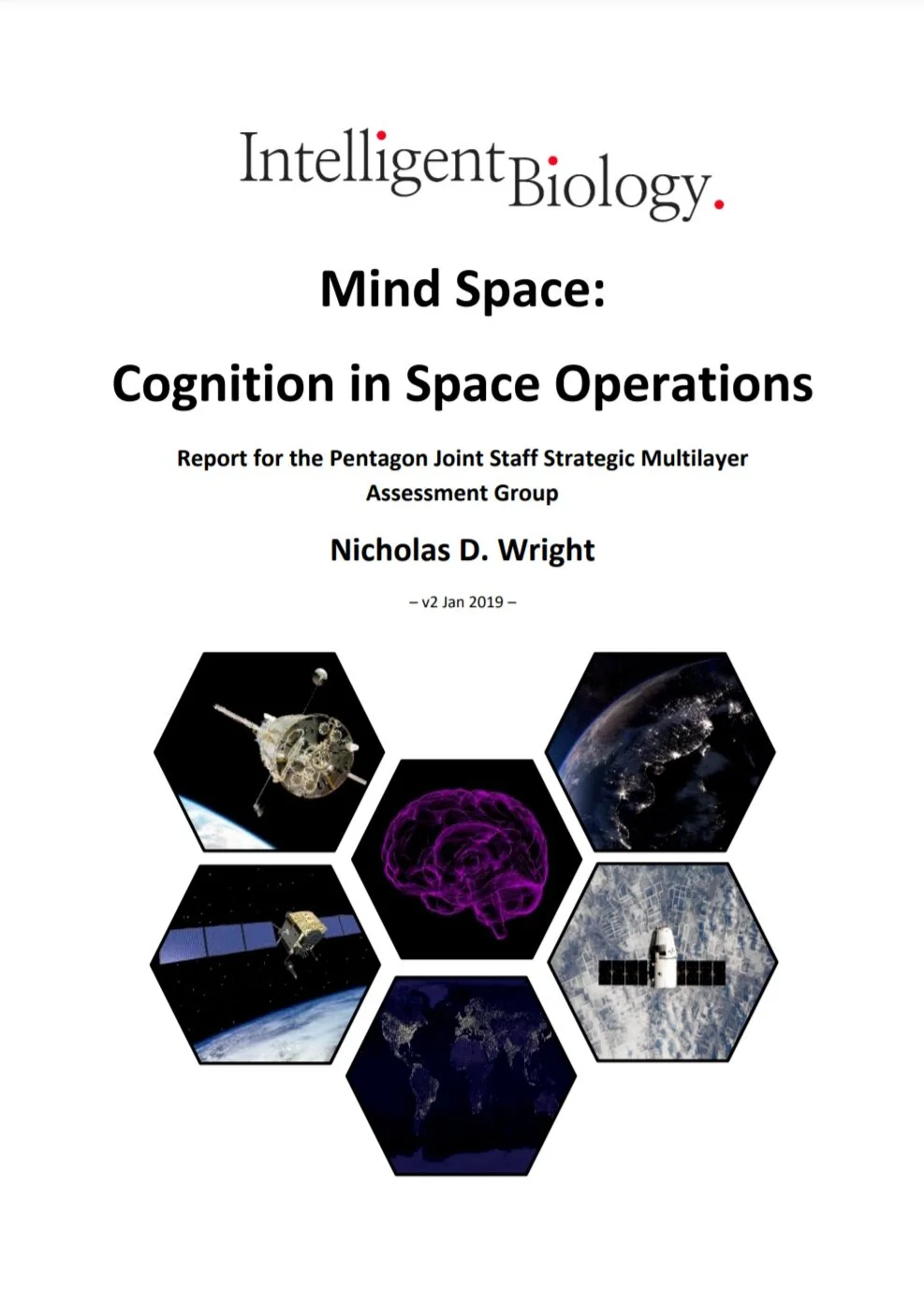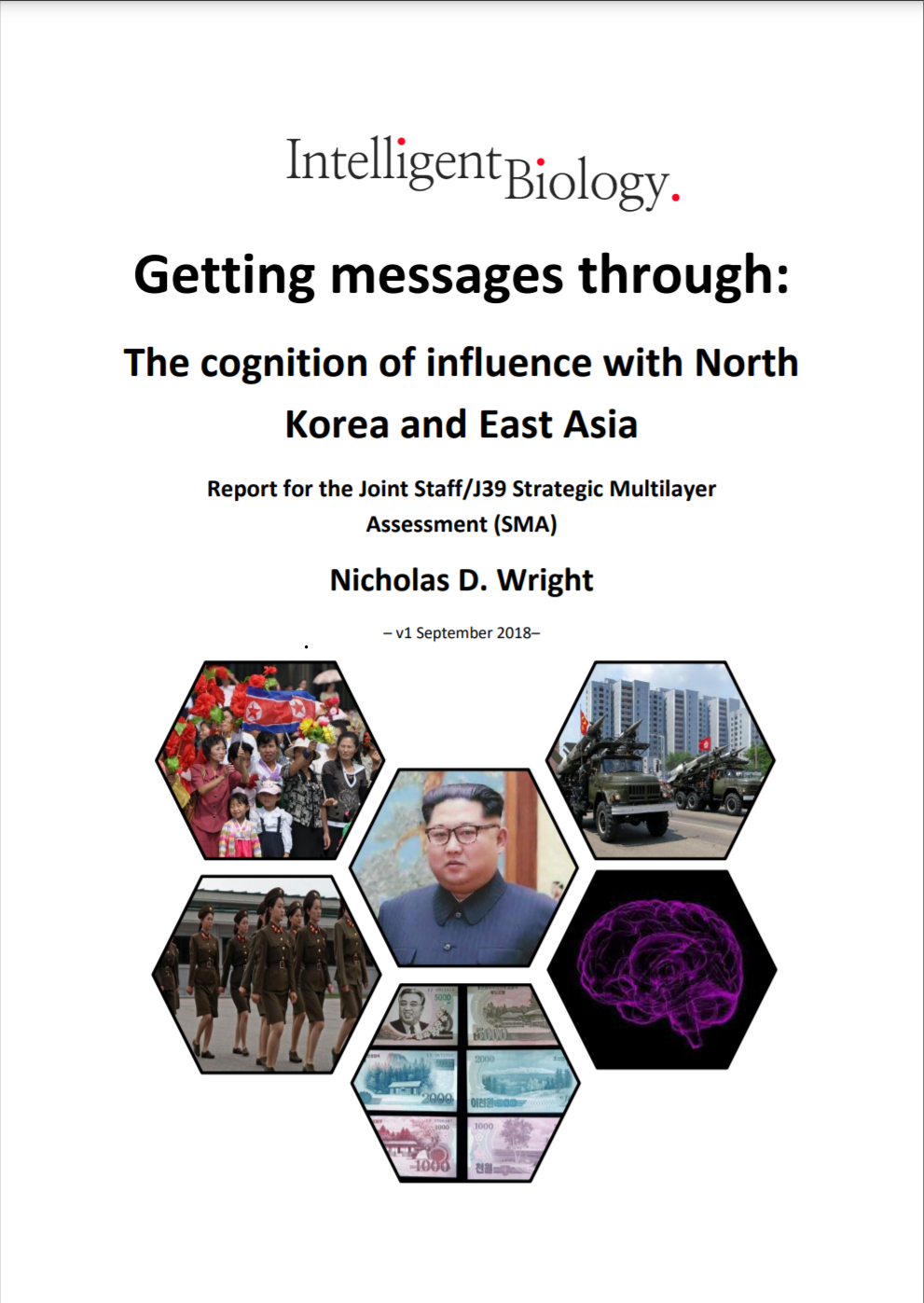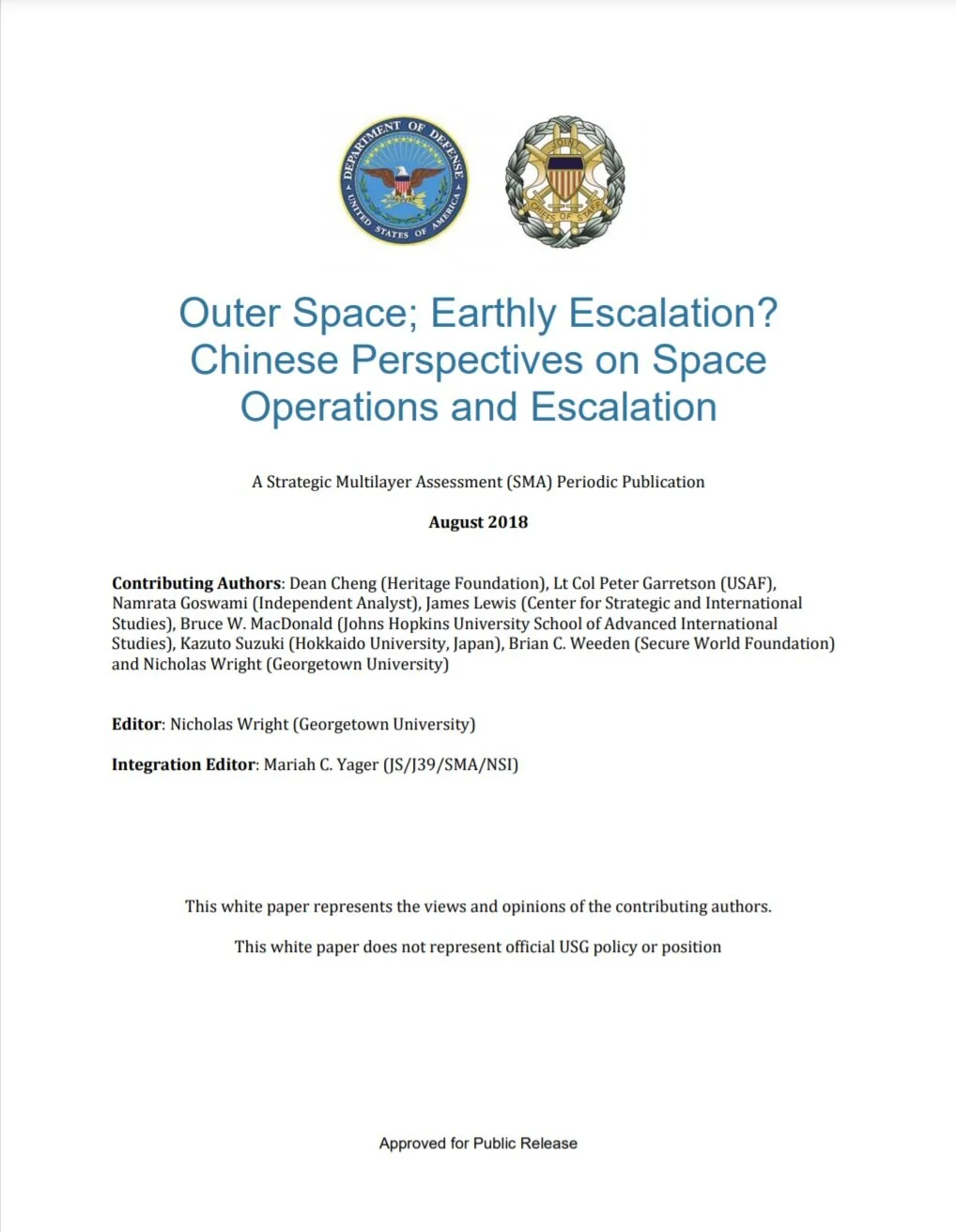The basic cognitive nature of how human brains process information hasn’t changed for millennia, including how we use information in strategy. But drivers like technology change the character of communication, societies and how we use information in strategy. This report examines key future technologies—including Artificial Intelligence (AI)—to ask: What will be the future character of information in strategy in 2031? To answer this question we follow a simple equation: Information in strategy (Part I) plus key technological drivers (Part II), are then combined to anticipate the character of information in strategy (Part III).
How can we defend the humans in the Joint Force—and its key support networks—from adversarial information operations in our digitizing world? Service personnel, their families and friends are human. Adversaries and other destabilizing forces threaten to sow discord and disruption amongst these humans, in order to degrade collective capabilities. Such threats can harness the powerful new digital technologies immersing our lives. Effectively defending the Joint Force’s humans from information threats is crucial to protect its competitive capabilities: in our current era of Gray Zone competition, during escalation scenarios, and in war.
From industrial-age factory labor inspections to the fight against COVID-19, forms of surveillance and data monitoring have played a critical role in the last two centuries of economic and social progress. Now, as artificial intelligence (AI) and AI-related technologies potentially unlock the value of large-scale data collection, authoritarian regimes stand ready to manipulate the development of global surveillance to serve their own interests. Absent purposeful efforts to strengthen key democratic norms and accountability around emerging technologies, we risk spiraling into new authoritarian forms of surveillance-based governance.
Reintegrating radicalised or violent people back into society requires focusing on two elements: the person themselves; and the society into which they might go. Here I apply cognitive and neuroscientific insights to help CENTCOM better address both.
Cycles of radicalization and violent behaviour have a fundamentally cognitive dimension. What happens inside the minds of vulnerable young people aged 0 to 17 years – and how can we help such young people amongst the millions of Syrian refugees and Internally Displaced Persons (IDPs) in order to break these cycles?
How can the US make global strategy in a world both vast and rich with cultural diversity? This matters: the US shaped the global system more than any other power since 1945, and that system hugely benefited the US and much of the globe. Whoever leads the global system’s next epoch will accrue those benefits – and make the world more or less free. I examine two aspects of this challenge.
Supplementary materials detailing the systematic literature searches and cognitive studies in Part II of the report are downloadable here.
Understanding and influencing adversary decision-making in Grey Zones requires anticipating key audiences’ perceptions and decision-making. We apply evidence from the neuroscience and psychology of human decision-making to help policymakers produce intended and avoid unintended effects in the Grey Zone.
How do you create power in space? Power is the ability to influence another’s choice to get a desired outcome—one example of such influence is deterrence—or also, potentially, to exert control by removing another’s capability to choose. Thus, strategy in space is the art of creating power in space, which involves both influence and control. This report provides practical tools to create power in space in the current space age.
Artificial Intelligence (AI) and big data promise to help reshape the global order. For decades, most political observers believed that liberal democracy offered the only plausible future pathways for big, industrially sophisticated countries to make their citizens rich. Now, by allowing governments to monitor, understand, and control their citizens far more effectively than ever before, AI offers a plausible way for big, economically advanced countries to make their citizens rich while maintaining control over them—the first since the end of the Cold War. That may help fuel and shape renewed international competition between types of political regimes that are all becoming more “digital.” Just as competition between liberal democratic, fascist, and communist social systems defined much of the twentieth century, how may the struggle between digital liberal democracy and digital authoritarianism define and shape the twenty-first?
To cause intended effects—and avoid unintended effects—in the fiendishly complex regional environment surrounding the Korean peninsula, United States policymakers are required to understand both what motivates key actors and what type of strategic confrontation they face. To these ends, this report applies core insights from the cognition and neuroscience of decision-making, combined with data from historical and contemporary cases of decision-making such as the past 50 years of Democratic People’s Republic of Korea (DPRK) military-diplomatic campaigns. Two broad sets of conclusions emerge.
United States policymakers must prepare to manage escalation in West Pacific confrontations that involve space operations. How can they put themselves in the shoes of Chinese planners and manage escalation in the current strategic environment in space? We raise three key points.

